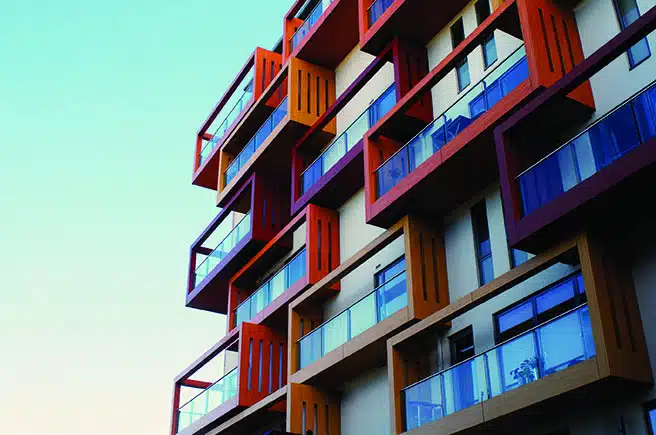Over the summer holiday break, you or someone you know may have rented out part of/all their property, apartment or unit via a sharing economy platform like Airbnb, Home Away or Flipkey. By doing this, you have contributed to the “sharing economy”. Renting out a room can impact your ability to claim a full Capital Gains Tax (CGT) exemption on your principal place of residence (PPR). Due to the continuing popularity of using these rental platforms, the ATO now has an increased focus on all aspects of the sharing economy.
If you have recently rented out your home using these platforms or are considering this arrangement in the future, you need to be aware of the potential tax risks and impact on homeowners PPR exemption.
Usually when you sell your family home, CGT is not payable on the sale. However, if part of your main residence is used to earn income, the law may prevent a full CGT exemption. Suddenly, your family home is viewed differently by the ATO.
You could lose a portion of your main residence exemption based on:
- The size of the floor space rented out
- The length of time the room was rented for
Scenario one: Renting out your main residence on an occasional basis
John and Mary live in a one-bedroom unit in the city, which they list as available for rent on an online rental platform for paying guests. When John and Mary accept a booking for their unit, they stay with Mary’s parents. Because the unit is John and Mary’s main residence, and they only vacate the place when there’s a booking, and therefore can only claim expenses based on the time that it was rented out.
Last year, John and Mary rented out the unit for 100 nights. This means they can claim 27.93% of expenses (100 ÷ 365 × 100).
John and Mary can claim 100% of the expenses associated solely to renting out the unit, such as the platform’s service fees or commission.
If John and Mary decide to sell the property in the future, the above will generally not impact John and Mary’s PPR exemption.
Scenario two: Remaining in the residence during the rental period
Sue owns a house with two bedrooms available for rent (not including her own that is for exclusive use by her). She advertises the rooms separately on an online short stay rental platform to guests. Renting out a room in your house is an input taxed supply of residential rent.
At year’s end, Sue includes all the rental income in her tax return and claims a deduction for the fees charged by the online rental platform, a proportion of her mortgage, electricity and other renting expenses.
If Sue sells the home, capital gains will have to be accounted for as the home has been used partially for rental income purposes. This is primarily because she remained on the premises during the rental period/s.
As a general rule, your home, apartment or unit ceases to be your main residence once you stop living in it. However, you can choose to continue to treat your home as your main residence for capital gains tax (CGT) purposes even though you no longer live in it. For example, if you move out of your PPR for less than 6 years in total and intend to rent this property via a sharing economy platform, the capital gains tax provisions may not apply (by way of exemptions) if certain conditions are met.
It’s important to get advice before becoming a short-stay host to make sure you are aware of all the tax impacts and potential pitfalls of renting your property before you list it.



















